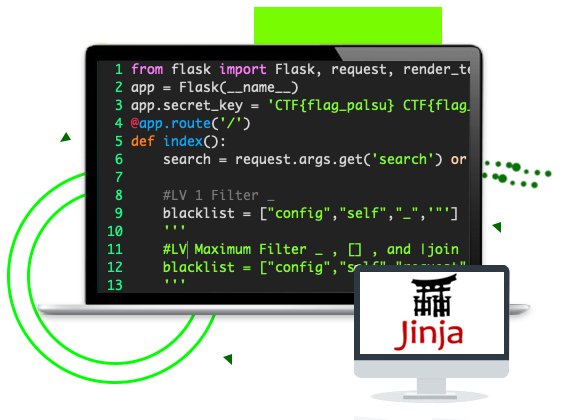The Jinja2 template engine enables customization of filters, tags, globals, and tests. Unlike the template engine of Django, Jinga enables the template designer to allow functions along with arguments on the objects. It is the default template engine of Flask and it is used by Trac and Ansible.
What are the Features of Jinja2?
The features of Jinja2 are stated in our Jinja2 assignment help in Australia as follows:
- Sandboxed execution code. All aspects of the execution mode are explicitly monitored and blacklisted or whitelisted. This way the untrusted templates can bee executed.
- Template inheritance can make it possible to use a similar or same layout for all templates.
- It is high performing with timely compilation to the Python bytecode. It can translate thee template sources to Python bytecode for the best runtime performance.
- Can be easily debugged using a debug system, which integrates runtime errors and template compile into a standard Python trace box system.
- Jinja2 can solve common jobs in templates including breaking up the sequence of items into many columns.
The Advantages of Jinja2
The advantages of Jinja2 are discussed in our Jinja2 homework writing help as follows:
Speed and Performance: It compiles the template source code to the Python byte-code once it is loaded, leading to better runtime performance. Additionally, Jinja supports the option of early compilation that can result in a good performance. Performance and speed are some of the debatable advantages considering many factors affecting performance and speed benchmarks. If all things are equal, Jinja templates do the same thing like Django templates though the Jinja version shall be faster compared to the Django version.
Asynchronous Execution: Templates load plenty of data or use functions, which might take a long time for running, resulting in delays that should wait for backing joins to complete. Jinja templates can support asynchronous execution that allows the backing jobs to run the course without holding back the templates.
Flexibility: Jinga2 templates are highly flexible regarding what they contain. It supports thee concepts such as macros and Python-like constructs. Some of the practices are not encouraged in website templates you shall appreciate some features that are not available in Django templates.
Django Templates: Jinja is inspired by Django template and therefore there is a common ground between these two systems. Additionally, the security features are integrated tightly into Jinja.





 3 Bellbridge Dr, Hoppers Crossing, Melbourne VIC 3029
3 Bellbridge Dr, Hoppers Crossing, Melbourne VIC 3029

